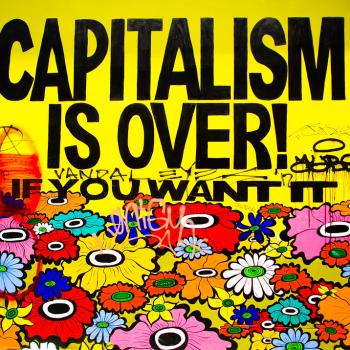Usually, politics is a competition between individuals and factions each of which wants to be, as we say, “in power.” In Japan, though, there is a political struggle between a faction that wants to put a man in power and that man who does not want the power.
As we blogged about, the party of Japanese Prime Minister Shinzo Abe has won enough seats in parliament to accomplish his goal of revising the Japanese Constitution, which was primarily the work of Gen. Douglas MacArthur after World War II in an effort to ensure that Japan would become a peaceful Democratic nation. Abe wants to bring back elements of pre-war Japan. He and his party have connections to a group that wants to bring back both Japanese militarism and Emperor worship.
But now the Emperor has given an unexpected speech in which he rebuked those efforts, including the desire to give him more power and to treat him as a god. Ironically, those who think the Emperor is a god are opposing him!
From Mari Yamamoto and Jake Adelstein, The Emperor Strikes Back: Japan’s Monarch Takes On Imperialist Abe – The Daily Beast:
When the Emperor speaks, Japan listens and so does the world. Monday at 3:00 p.m. local time a speech by Emperor Akihito was televised on a date that commemorated no anniversary or major tragedy, as most of his addresses do. Instead it pertained to the very Imperial System itself.
The Emperor, who is 82, discussed his health, his position as a symbol of the state under Japan’s modern constitution, the hardship of his duties, his love for the people of Japan—and made clear his desire to abdicate the throne in his lifetime in a way that would cause the least amount of turmoil.
He used the word, “the people” (kokumin) frequently, speaking to the nation in a fatherly, thoughtful tone and asking for understanding.
The Emperor’s speech, in its quiet way, was the opening salvo in a battle for the future of modern Japan, a nation he sees as “based on peace and democracy as important values to be upheld.”












